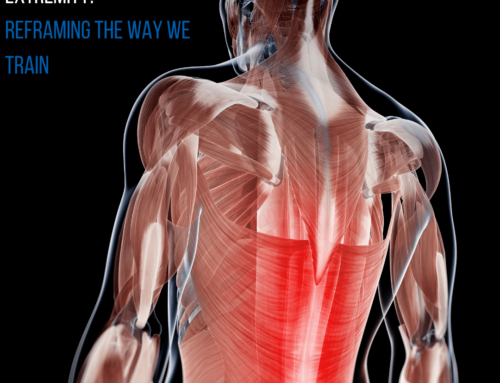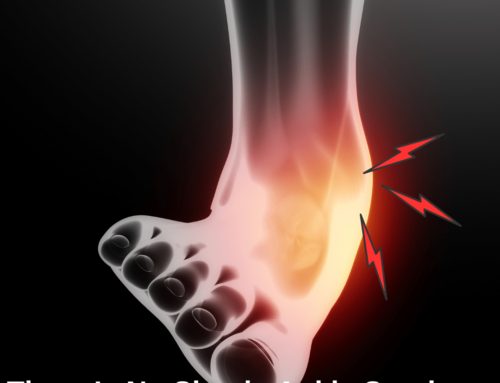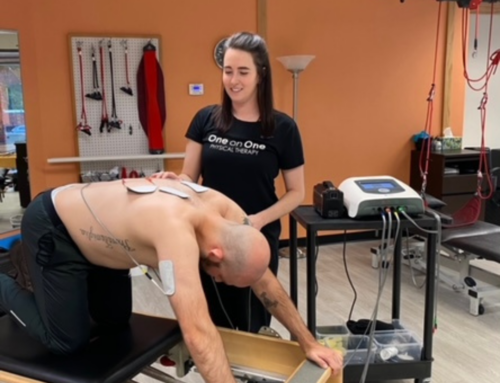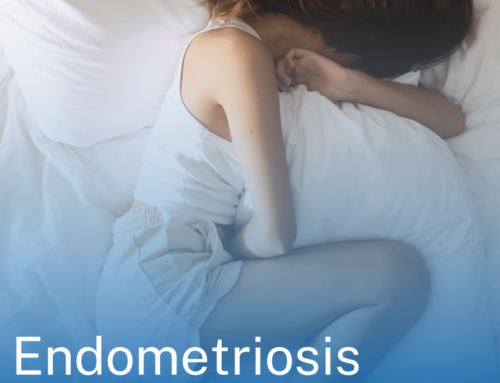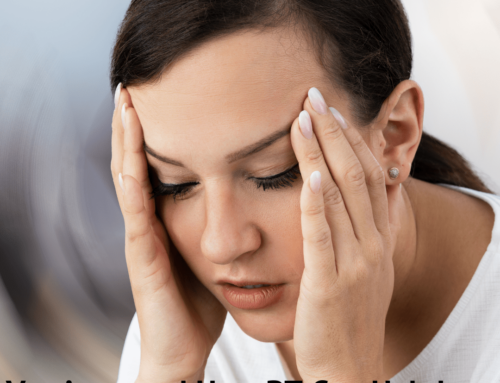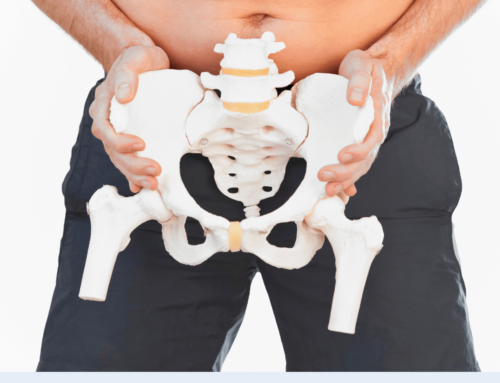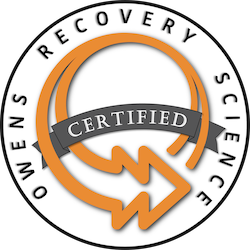Men’s Health Awareness Month -Specifically Male Pelvic Pain
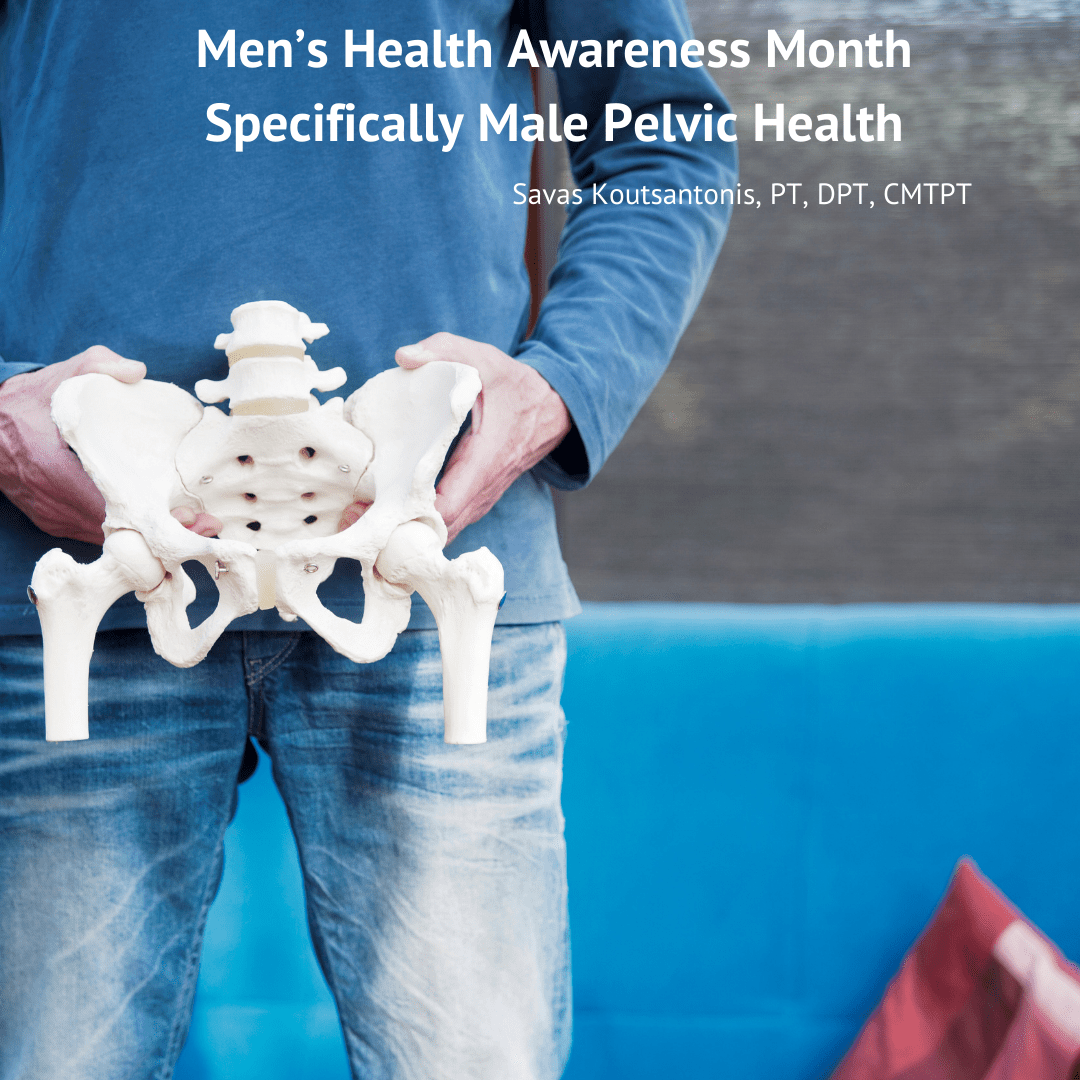
There are misconceptions when it comes to issues such as pelvic pain. The medical community often considered this a female problem related to pregnancy, postpartum, menstrual cycle, or female reproductive organs…but as you may guess, anyone with a pelvis can have pain and that includes males.
Guys haven’t had it so good with it comes to dealing with male pelvic health issues and the intervention provided by the medical community. Too often (and still so today), male pelvic pain was thought to be caused by prostatitis and men were/are only prescribed medications. The majority of young men diagnosed with prostatitis do not have a prostate infection.
I currently have male patients who have had pelvic issues for 2 years, 5 years, 10 years, and even 20 years without any intervention other than medications. After I recently evaluated and educated a male patient with long-standing pelvic pain, he stated in a typical fashion …
“I don’t mean to get emotional, but why the “#*$%” didn’t anyone tell me about other options other than medications that haven’t worked!”
- Do you have urinary frequency, urgency, or painful urination?
- Do you have post-ejaculatory pain or erectile dysfunction?
- Do you have perineal (pelvic floor) pain, or penile or testicular pain?
*95% of men with these symptoms have pelvic floor dysfunction
It is estimated that 8-16% of men in the US will suffer with chronic pelvic pain syndrome (CPPS) at some point in their lives, yet there is still a lack of community knowledge and awareness.
CPPS is still not well understood by health professionals, its causes aren’t well known, and it can be difficult to cure.
Symptoms of CCPS:
- Pelvic pain: can be burning, aching, shooting, or itching in the lower abdomen, groin, buttocks, inner thighs
- Genital pain: scrotal, testicular, and/or penile pain
- Perineal (pelvic floor) and/or anal/rectal pain
- Urinary dysfunction: including urinary frequency, urgency, hesitancy, incomplete emptying, leaking, or dribbling
- Bowel dysfunction: including painful bowel movements, constipation, incomplete emptying, bloating, GI distress
- Sexual dysfunction: including erectile function, pain before, during, and/or after ejaculation
- Painful sitting especially on hard surfaces
- Pain with exertion such as exercise or heavy lifting
There are many causes leading to CCPS, this is why a thorough evaluation is needed by a qualified pelvic floor specialist who will take into consideration not only the physical findings but the notable lifestyle and stress factors that may be highly contributory. I find that patients are relieved once they are educated and have a better understanding of their condition. Management is key and it is generally not straightforward. That is my background, over 35 years of dealing with chronic pain conditions, restoring neuromuscular control, awareness, and confidence back to the patient.
General male conditions treated (in addition to pelvic pain) include sexual dysfunction, post-prostatectomy management, continence issues, hard flaccid syndrome, and athletic pelvic pain.
Men often find it intimidating and embarrassing to speak up about their pelvic health issues, I can promise you a safe and private environment. I’ve seen a lot and can comfortably discuss your issues. Every case is unique and different strategies are required.
Click here to book your appointment with the One on One Physical PT staff
About The Author
 Dr. Savas Koutsantonis, PT, DPT, CMTPT
Dr. Savas Koutsantonis, PT, DPT, CMTPT
Male pelvic floor physical therapist with over 35 years of clinical experience specializing in chronic pain conditions, male pelvic health, headache, and jaw issues.
